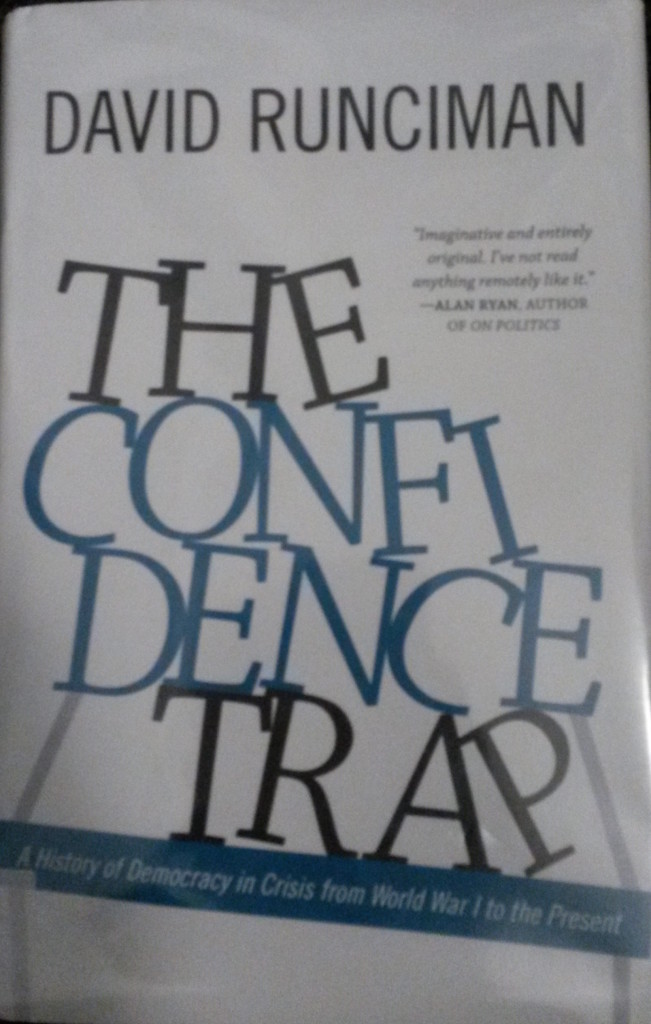 An interesting survey of the working of democracies, as illuminated by their responses to the last hundred years of democratic crises. The idea is that the inherent flexibility of democracies is their main strength but also an inescapable weakness:
An interesting survey of the working of democracies, as illuminated by their responses to the last hundred years of democratic crises. The idea is that the inherent flexibility of democracies is their main strength but also an inescapable weakness:
This is the confidence trap. Democracies are adaptable. Because they are adaptable, they build up long-term problems, comforted by the knowledge that they will adapt to meet them. Debt accumulates; retrenchment is deferred. Democracies are also competitive, which means that politicians will blame each other for their failure to tackle the long-term problems. However, they do it in a way that gives the lie to urgency, because if it were truly urgent, then to they would compromise to fix it. Instead they squabble. They are comforted as they squabble by their knowledge that the system is resilient.
In the end Runciman seems to think that democracy may not constitute the end of history, but they will probably always muddle through any threat they face. But maybe that’s only because they have never faced a sufficiently dangerous threat.
The future for democracy remains open. There are grounds for hope and there are grounds for fear. Often these are the same grounds; a single event can be the source of both optimism and pessimism.
This book was in Brian Eno‘s list of twenty books to help rebuild civilisation.